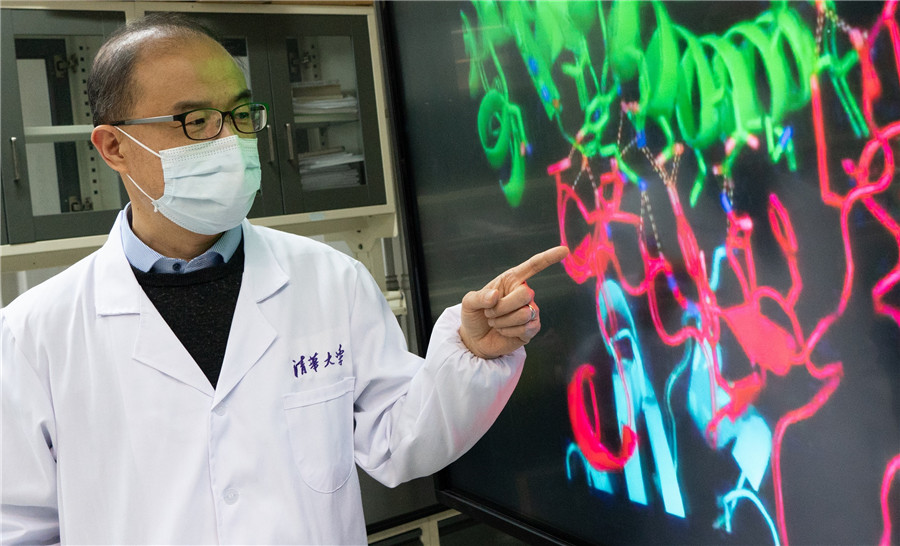Sharing of scientific data seen as vital in virus fight


Intensified scientific cooperation and the open sharing of data and expertise are imperative in building a sustainable and resilient global public health system that can handle COVID-19 and future public health challenges, experts said on Saturday.
Since the COVID-19 pandemic began, China has played a positive role in promoting research, technology and education related to the novel coronavirus, they added. However, more coordinated international efforts in testing and vaccine development are needed to help developing countries, such as those in Africa, battle the pandemic.
Huai Jinpeng, executive vice-president of the China Association for Science and Technology, said in a webinar on Saturday that through constant dialogue, scientists around the world are developing mutual trust and understanding to fight the COVID-19 pandemic.
Saturday also marked the country's fourth annual National Science and Technology Workers Day.
CAST is China's largest nongovernment organization for science professionals. Huai said it has held exchanges with over 200 countries and international organizations about the pandemic.
It has also launched a science popularization initiative dedicated to COVID-19, which has garnered over 7.4 billion views across various information platforms, he added.
"Science without borders, dialogue without obstacles and cooperation without discrimination are our principles of collaboration," he said.
Mohamed H.A. Hassan, president of the World Academy of Sciences, said many Chinese scientists and organizations have showed remarkable support for the global effort against COVID-19, especially in developing countries.
Hassan said more openness, cooperation and sharing are important to make the global public health system more resilient and better prepared for future health crises.
Margaret Chan, former director-general of the World Health Organization, said the COVID-19 pandemic has been an "unprecedented major health challenge, and the only way to win this battle is through solidarity and cooperation".
She said the world will need more global coordination and cooperation in science and technology and more open platforms for sharing data, while universities should also be encouraged to play a bigger role.
Walter Ricciardi, president-elect of the World Federation of Public Health Associations, said the pandemic has proved that traditional public health mechanisms are not sufficient to deal with new, global pathogens.
"Exchanges with Chinese colleagues have paved the way for the solution of the health problems we are facing now," he said. "The world will be a better place if scientists and politicians can work together and form a global effort to fight a common enemy like COVID-19."
- No indication of big earthquake to occur in Ningxia, said officials
- Rural China tackles hefty bride prices to ease marriage burdens
- 8 killed, 15 injured in market fire in North China's Hebei
- 'Ferryman of souls' escorts cremains of veterans from Taiwan to mainland home
- China announces month-long online shopping event for Spring Festival
- Hong Kong-Zhuhai-Macao Bridge reports record high passenger flows in 2024





































